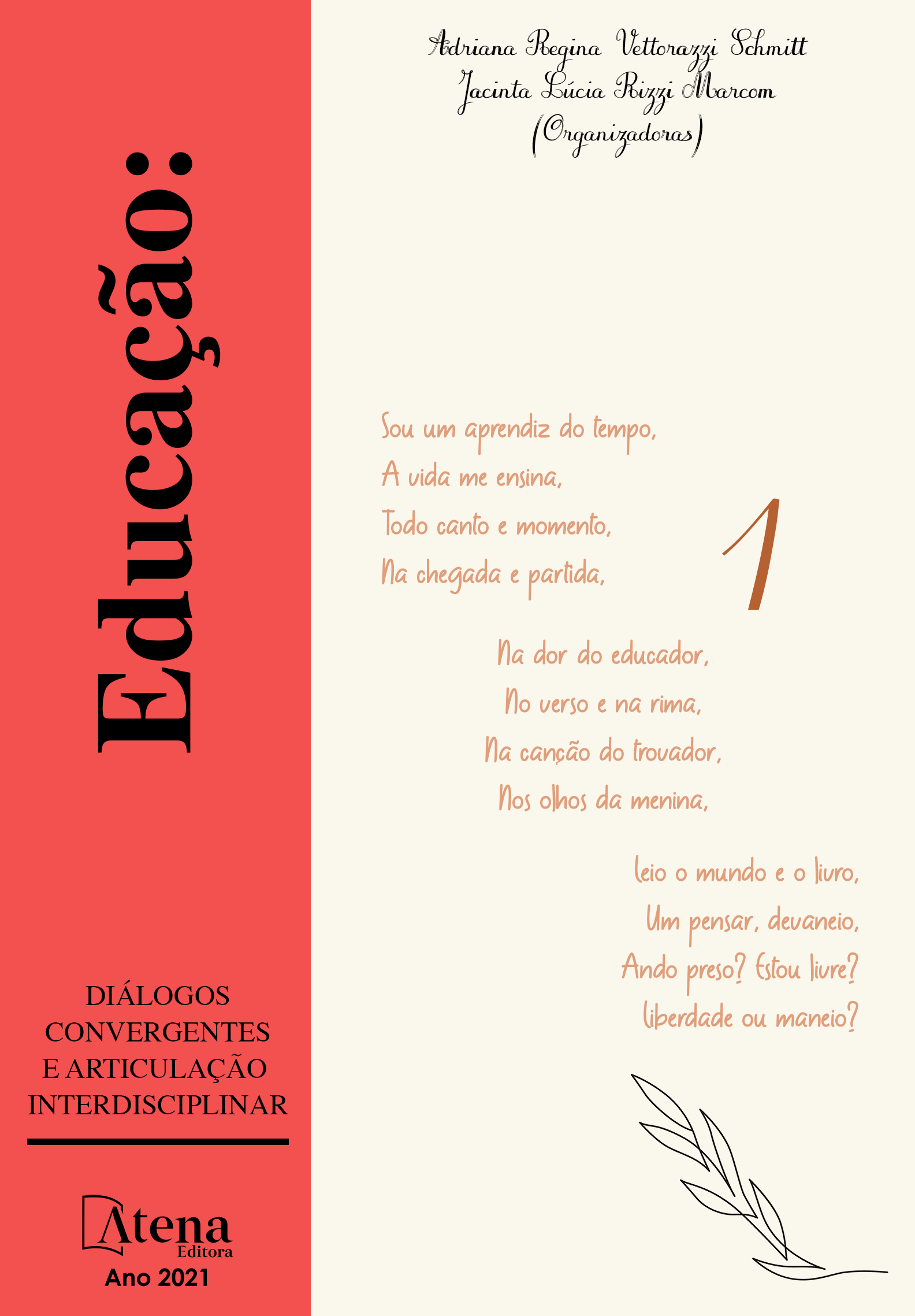
PRÁTICAS PEDAGÓGICAS NO EDUCAR PARA A PAZ
Este artigo traz uma reflexão sobre as possíveis práticas pedagógicas envolvendo o educar para a paz. Para a realização deste estudo, utilizamos pesquisa bibliográfica que procuram contribuir nas discussões sobre práticas educativas que visem um mundo de paz no futuro. Vale salientar que em 2020 e 2021 estamos vivenciando momentos atípicos em virtude do Covid-19, professores se reinventaram a partir do ensino remoto, e explicitou-se situações que necessitaram se reavaliar as práticas pedagógicas. Um abismo de diferença social ficou explicito quando as “aulas” tiveram que entrar na residência dos estudantes via web (aulas remotas). Assim ao se considerar uma prática por uma cultura de paz, as questões sobre a violência direta e violência estrutural precisam ser postas com mais clareza. Ficou evidente que sociedade carece de seres humanos éticos perante as situações, que requerem solidariedade, neste sentido a escola como âmbito educativo mais importante e legitima como espaço fundamental para um futuro mais justo e sustentável. Ao se educar para a paz, educadores e estudantes podem lançar novas expectativas de convívio social, mais reflexivo e humanamente solidário.
PRÁTICAS PEDAGÓGICAS NO EDUCAR PARA A PAZ
-
DOI: 10.22533/at.ed.01021220911
-
Palavras-chave: Educação, Paz, Formação Docente
-
Keywords: Education, peace, teacher training
-
Abstract:
This article reflects on the possible pedagogical practices involving educating for peace. To carry out this study, we used bibliographical research that seeks to contribute to discussions on educational practices that aim at a world of peace in the future. It is noteworthy that in 2020 and 2021 we are experiencing atypical moments due to Covid-19, teachers reinvented themselves from remote education, and situations that needed to be reassessed pedagogical practices were made explicit. An abyss of social difference became explicit when the “classes” had to enter the students’ residence via the web (remote classes). So when considering a practice for a culture of peace, questions about direct violence and structural violence need to be posed more clearly. It was evident that society lacks ethical human beings in situations that require solidarity, in this sense, the school as the most important educational environment and legitimates it as fundamental space for a fairer and more sustainable future. By educating for peace, educators and students can launch new expectations of social interaction, more reflective and humanely solidary.
-
Número de páginas: 13
- JEFFERSON MARÇAL DA ROCHA
- CRISTIANE DE SOUZA AMARAL HAX


